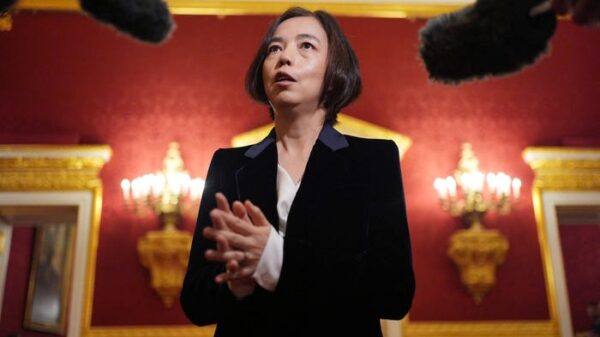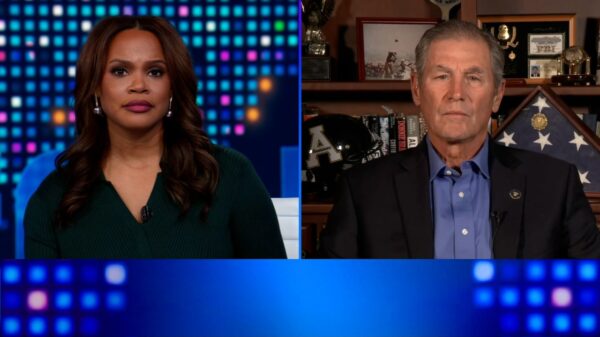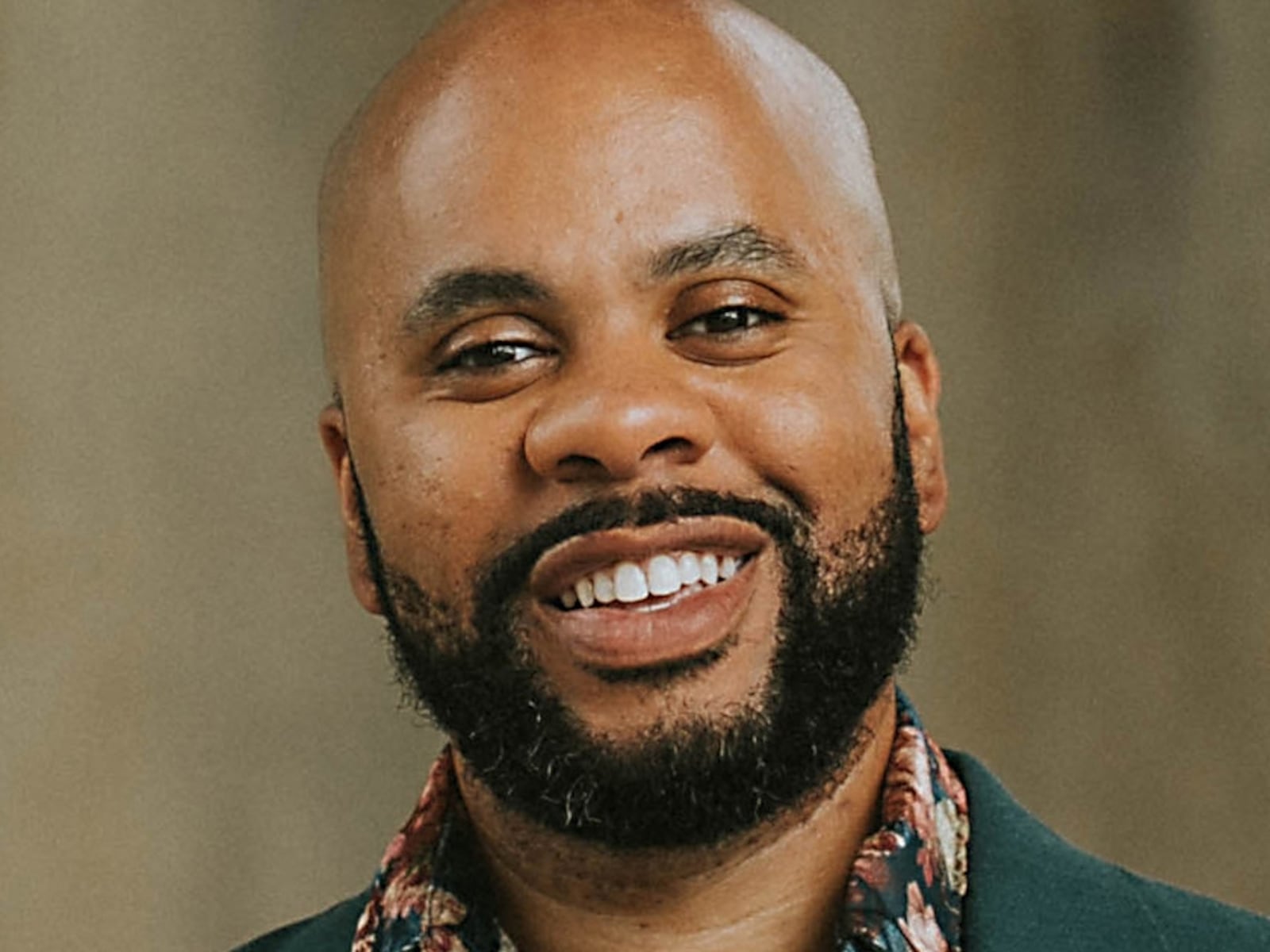UPDATE: A heartfelt letter to relationship expert Eric Thomas reveals a troubling fallout between two friends over boundary-setting, highlighting the urgent emotional struggles many face in personal connections today.
In a poignant account, a letter writer, identified as “Dumped On, Then Dumped,” shares their recent experience of establishing boundaries with a friend who frequently vented about a mutual acquaintance. The letter, sent to Thomas, underscores the emotional toll of addressing toxic friendships and the complexities of maintaining healthy relationships.
The writer expressed that they felt overwhelmed by their friend’s constant need to process issues related to another friendship, stating, “it felt toxic.” This prompted the letter writer to take a stand, asking their friend to focus on their own relationship rather than using them as an emotional sounding board. However, this assertion led to an unexpected and painful response: the friend cut off communication, claiming their inability to discuss the other friendship felt oppressive.
In the emotional aftermath, the letter writer is not only grieving the loss of the friendship but also reflecting on the impact of setting personal boundaries. “I feel judged for setting a boundary,” they lament, revealing the inner conflict many face when prioritizing self-care over social obligations.
Thomas emphasizes the importance of emotional awareness in friendships, noting that “your friend may think what makes your friendship special is that they can talk about this so-called toxic other friendship with you.” This sentiment resonates with many, as it highlights the delicate balance required in maintaining healthy friendships.
As the situation evolves, the letter writer expresses their desire to reconnect and discuss the matter, yet they also respect their friend’s decision to keep distance. “I have safe spaces to grieve,” they mention, indicating a proactive approach to coping with their emotions.
This incident raises crucial questions about friendship dynamics and the essential role of boundaries. In a world where emotional labor often falls unevenly on one party, the fallout serves as a stark reminder of the necessity for mutual respect and understanding in personal relationships.
Moving forward, the letter writer is encouraged to reflect on their expectations and hopes for friendships, acknowledging that not all relationships will meet their ideal standards. Thomas notes, “You’re not wrong for holding your boundary or wanting a healthier dynamic,” reinforcing that self-advocacy is vital even amid grief.
As this story unfolds, it resonates with countless individuals facing similar challenges in their own lives. The emotional impact of setting boundaries can be profound, and the need for honest communication remains critical.
For those grappling with friendship issues, Thomas invites readers to send their questions via email or follow him on social media for ongoing insights into navigating complex relationships.
This urgent development sheds light on the intricate emotional landscape of friendships today, prompting readers to reflect on their own relationship dynamics and the importance of maintaining healthy boundaries.





































































